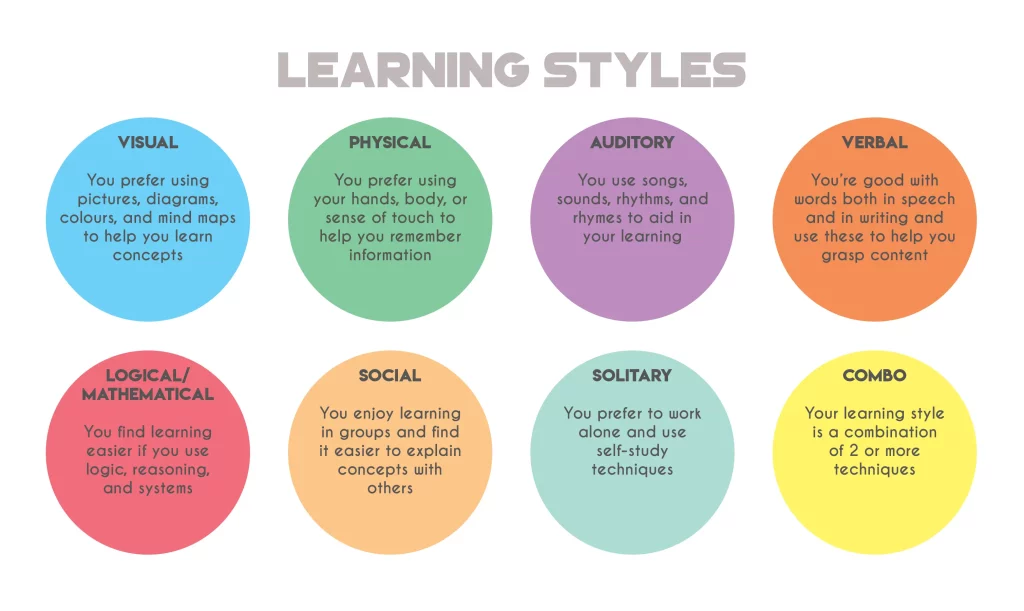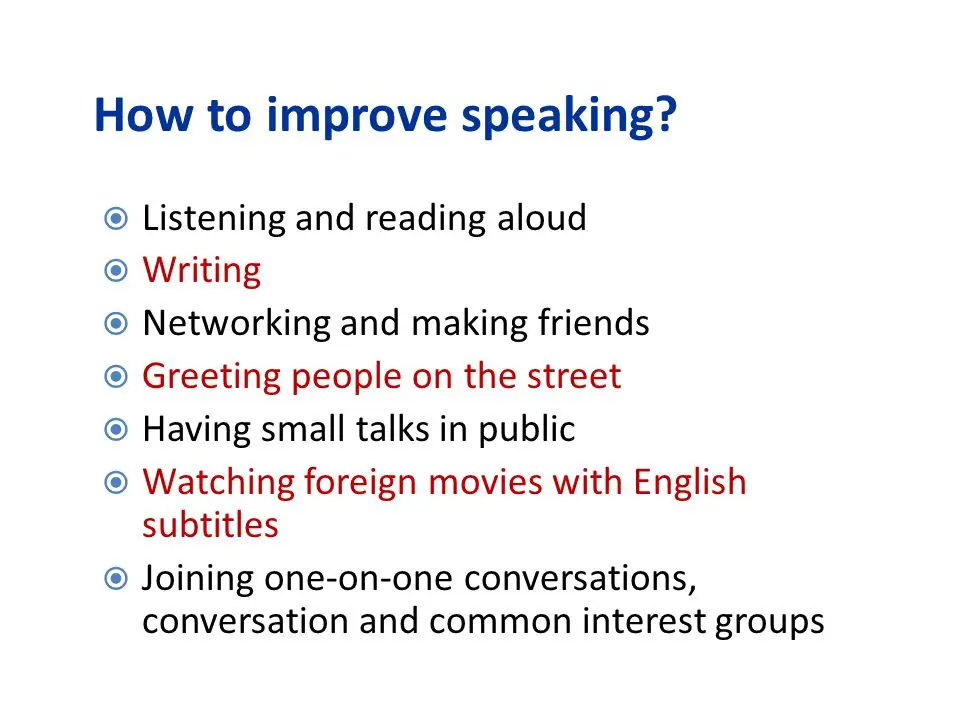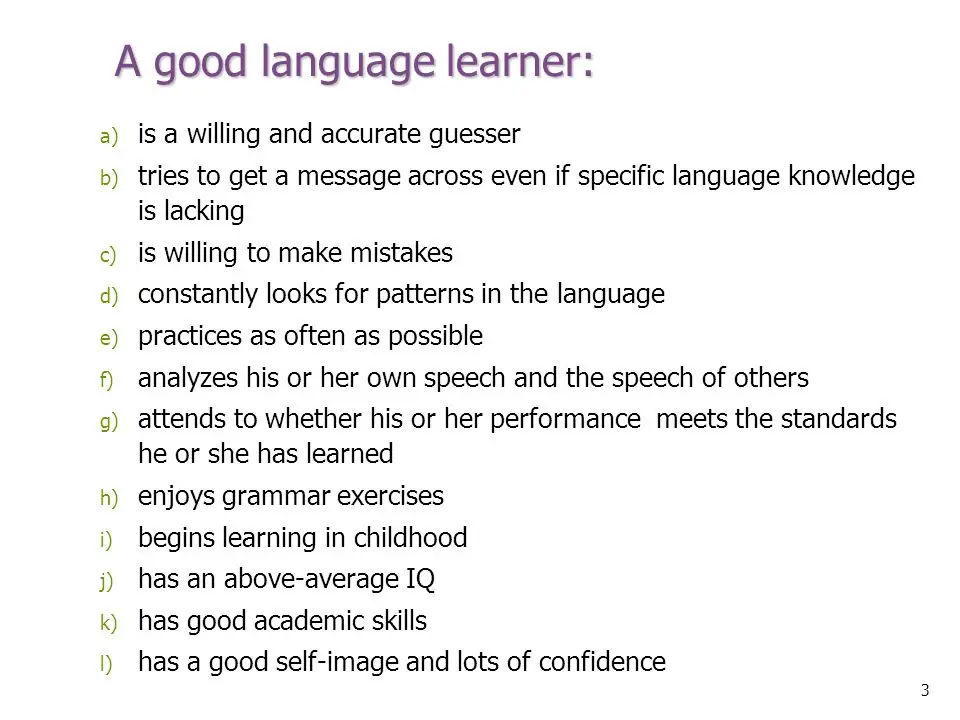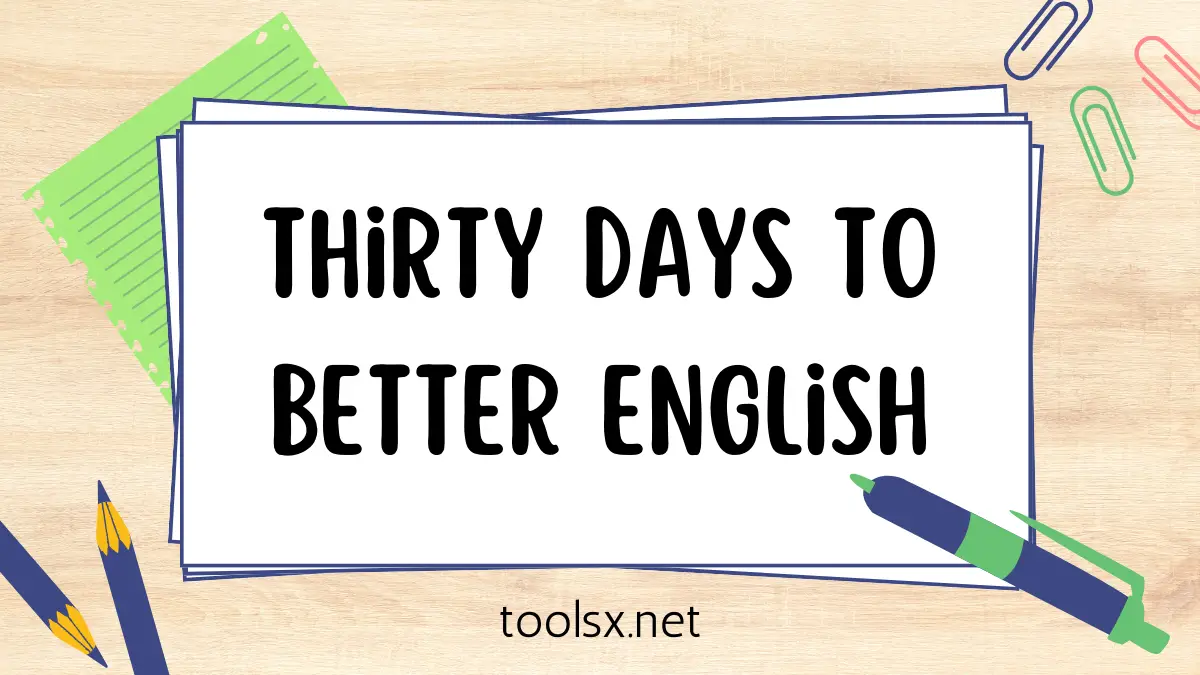Embarking on the journey to elevate one’s English within a mere thirty days might seem like a tall order at first glance. Yet, with the right mindset, tools, and a dash of dedication, it’s entirely within the realm of possibility. This article aims to be your compass in the vast sea of language improvement, guiding you through an intensive, yet immensely rewarding, month-long voyage towards better English. From the foundational bricks of grammar to the fine nuances of conversational fluency, we’ll cover all bases, ensuring you emerge more confident and competent in your English language skills. So, buckle up and let’s dive into the first leg of our journey.
Introduction to Improving English in Thirty Days
In today’s globalized world, the English language stands as a colossal pillar of communication, bridging cultures, and unlocking opportunities far and wide. Whether it’s for personal growth, career advancement, or simply the joy of learning, enhancing your English can open new doors and enrich your life in unexpected ways. The goal here is simple yet ambitious: to significantly improve your English in just thirty days. While the task may sound daunting, it’s far from insurmountable. With a structured plan and a sprinkle of perseverance, achieving noticeable progress is not just a possibility; it’s a promise.
Understanding the Basics of English

At the heart of any language lies its grammar – the skeleton upon which words and sentences dance. Diving into grammar essentials offers you the blueprint to construct sentences that are not only correct but also clear and expressive. It’s akin to learning the rules of the road before you start driving; it ensures not just your safety but also your journey’s efficiency.
Next up, we venture into the realm of common vocabulary. Think of vocabulary as your toolkit; the more tools you have, the better equipped you are to articulate your thoughts and understand others. It’s not about memorizing a dictionary but about familiarizing yourself with the words that form the bedrock of daily English usage.
And let’s not forget about pronunciation basics. The way words roll off your tongue can be as telling as the words themselves. Proper pronunciation ensures your message doesn’t just reach the ears of your listeners but also resonates with them. It’s the difference between being heard and being understood.
Embarking on this thirty-day journey requires more than just a roadmap; it necessitates a toolkit, and that’s precisely what this article aims to provide. From the intricacies of grammar to the melody of correct pronunciation, we’re here to guide you through enhancing your English proficiency, one step at a time. Remember, every grand journey begins with a single step, and your thirty-day adventure to better English starts now.
Foundation and Basics
Diving into the first week, we set our sights on establishing a strong foundation in English. It’s akin to building the base of a skyscraper; without a solid ground, the entire structure wobbles. This week, we’re laying down the concrete slabs of grammar, vocabulary, and pronunciation, ensuring your language skills are on solid footing.
Understanding the Basics of English
Embarking on this linguistic odyssey, it’s crucial to start with the backbone of the language: grammar essentials. Grammar might seem like a daunting maze at first, but fear not! By breaking it down into bite-sized chunks, you’ll find it’s more of a puzzle waiting to be solved. Engaging with basic grammar rules is not just about avoiding mistakes; it’s about crafting sentences that sing with clarity and precision. So, let’s tackle those subject-verb agreements, dive into the tenses, and make peace with prepositions.

Next on our agenda is expanding your common vocabulary. A rich vocabulary is your ticket to expressing yourself with nuance and depth. But remember, it’s not about how many words you know; it’s about how well you use them. Focus on learning words that are most relevant to your daily life and interests. Tools like flashcards or language learning apps can be fantastic allies in embedding these new words into your memory.
Finally, we polish the week with pronunciation basics. The way we pronounce words can be the bridge or the barrier to effective communication. Practicing pronunciation might feel a bit awkward at first – talking to yourself in the mirror isn’t everyone’s cup of tea, after all. However, it’s these repetitions that etch the sounds into your muscle memory. Listening to native speakers and mimicking their intonation and rhythm can accelerate this process. Websites like the British Council offer invaluable resources to guide you through the nuances of English pronunciation.
By the end of Week One, you’ll have a firmer grasp of the English language’s foundational elements. It’s important to remember that progress in language learning is not always linear. There will be days of leaps and bounds and days of slow crawls. What matters is persistence. Keep at it, and you’ll find yourself moving closer to your goal of better English, one day at a time.
Enhancing Comprehension and Vocabulary
As we sail into the second week, the focus shifts from laying down the basics to deepening your understanding and broadening your lexical horizons. This phase is all about enriching your vocabulary and honing your comprehension skills, transforming you into a more proficient and confident English communicator.
Deep Dive into Vocabulary and Comprehension Skills
Enhancing your reading comprehension isn’t just about understanding the words on a page; it’s about grasping the context, the subtext, and the nuances woven between the lines. Engage with a variety of materials—articles, novels, or even comics. Challenge yourself with texts slightly above your comfort level. This pushes your boundaries and fosters growth. Remember, the aim is to turn reading from a task into a joyous adventure, discovering new words and ideas along the way.
Expanding your vocabulary is akin to an artist adding more colors to their palette. The more words you know, the more vividly you can paint your thoughts and understand others’. Employ active learning techniques, such as creating sentences with new words or using them in conversations. Language learning apps and online resources can be treasure troves of new vocabulary, offering interactive ways to learn and practice.
Utilizing technology and resources for learning has never been easier, thanks to the plethora of apps, websites, and online communities dedicated to language improvement. Platforms like Duolingo offer a gamified learning experience, making the acquisition of new vocabulary fun and engaging. They allow you to practice at your own pace, gradually increasing the difficulty as your skills improve.
By focusing on comprehension and vocabulary expansion, you’re not just learning English; you’re embracing it. This week is about diving deeper into the language, exploring its complexities, and emerging with a richer, more nuanced understanding. It’s about stepping beyond mere communication and moving towards eloquence and fluency.
With the foundation set and your vocabulary blossoming, you’re well on your way to mastering the English language. Remember, every new word learned is a step closer to your goal, and every piece of text comprehended is a victory in your journey. Stay curious, stay motivated, and watch as the world of English unfolds before you.

Speaking and Listening Skills
As we venture into the third week of our thirty-day journey, the spotlight turns to the dynamic duo of language learning: speaking and listening. These skills are the lifeblood of effective communication, allowing you to interact with the world in meaningful ways. This week is about breaking out of your shell and embracing the beauty of conversation, all while tuning your ears to the rhythms of English.
Improving Speaking and Listening
The art of speaking English fluently is not just about accuracy but also about confidence. To bolster your speaking skills, seek out conversation partners or language exchange buddies. This could be through online platforms or local meetups. The key is to practice regularly in a judgment-free environment where mistakes are not just tolerated but welcomed as stepping stones to improvement.
Active listening goes hand in hand with speaking. It’s about being fully present, absorbing the nuances of tone, speed, and accent. Engage with a wide range of listening materials like podcasts, TED Talks, and movies. Websites like TED Talks provide a plethora of engaging content that can help you fine-tune your listening skills. Listen not just for the words, but for the story they tell and the emotions they convey.
Practical exercises play a crucial role in enhancing your speaking and listening prowess. Try shadowing, a technique where you mimic a speaker as they talk, mirroring their pronunciation and intonation. Participate in discussion forums or start a journal in English, recording your thoughts and experiences. These activities encourage active engagement with the language, pushing you to use English in a variety of contexts.
This week is about immersion; surrounding yourself with English in all its forms. It’s about learning to think in English, not just translating from your native language. This shift in mindset is a game-changer, propelling your proficiency to new heights.
By focusing on speaking and listening, you’re not just learning to communicate; you’re learning to connect. English becomes a bridge to new cultures, ideas, and perspectives. So, dive into conversations, listen intently, and let your voice be heard. Your journey to fluency is well underway, and the world is eager to listen to what you have to say.
Putting It All Together
As we approach the final stretch of our thirty-day journey to better English, it’s time to weave together the threads of grammar, vocabulary, speaking, and listening. This week is about integration and application, taking the skills you’ve honed and putting them into practice in real-world scenarios. It’s about moving beyond the basics and embracing the full spectrum of the English language.

Advanced Techniques and Real-world Application
Engaging in conversations and discussions is crucial at this stage. Seek opportunities to use English in a variety of settings: at work, in social situations, or even online. Each interaction is a chance to practice and learn. Don’t shy away from complex topics or challenging conversations. These are the moments that test your linguistic mettle and foster growth.
Writing in English offers a different set of challenges and rewards. Start a blog, write emails, or keep a daily journal. Focus on clarity, coherence, and creativity. Writing not only reinforces your language skills but also encourages critical thinking and self-expression. It’s a reflective practice that allows you to observe your progress and pinpoint areas for improvement.
Leveraging media for immersive learning can significantly enhance your language acquisition. Dive into English-language news, podcasts, movies, and books. Try to interact with content that aligns with your interests; this will make the learning process more enjoyable and engaging. Analyze the material not just for its linguistic elements but also for its cultural nuances. This deepens your understanding of the language and the diverse world it represents.
As this week concludes, you’ll find yourself navigating the English language with greater ease and confidence. But remember, the journey doesn’t end here. Language learning is a continuous adventure, one that requires persistence, curiosity, and an open mind.
Moving Forward
By now, you’ve laid a solid foundation, built up your vocabulary, sharpened your listening and speaking skills, and practiced real-world application. You’ve come a long way in just thirty days, but the path to mastery is ongoing. Set new goals for your English learning journey. Maybe it’s achieving fluency, acing a proficiency test, or becoming confident enough to hold conversations on complex topics. Whatever your ambitions, the tools and strategies you’ve acquired over the past month are the building blocks for your future success.
The road to better English is paved with challenges, surprises, and triumphs. Keep exploring, practicing, and engaging with the language every day. Your efforts will not only open up new horizons of personal and professional growth but also connect you to a world of ideas, cultures, and people. So, keep the momentum going, and let your journey to better English continue to unfold.
Additional Resources and Tools
As you continue on your journey to mastering English, it’s invaluable to have a toolkit at your disposal that can support and enhance your learning process. In this digital age, countless resources can cater to every aspect of your language learning needs. From interactive apps to comprehensive websites, the opportunities for growth are endless.
Tools and Resources for Continuous Learning

Recommended Apps and Websites: In the vast sea of language learning tools, apps like Duolingo stand out for their user-friendly approach and effectiveness. These platforms make learning not just educational but also fun, incorporating games, quizzes, and daily challenges to keep you motivated. For a more structured learning experience, websites such as the British Council offer a wide range of resources, from grammar exercises to listening activities, all designed to improve your English proficiency.
Books and Publications for Further Reading: Beyond digital resources, traditional books and publications offer depth and nuance to your learning. Whether it’s grammar textbooks, novels, or English newspapers, reading in English can dramatically improve your vocabulary, comprehension, and familiarity with different writing styles. Start with materials that match your current level of proficiency and gradually challenge yourself with more complex texts.
Online Communities and Forums: Engaging with a community of fellow learners can be incredibly motivating. Platforms like Reddit and language exchange websites host vibrant communities where you can ask questions, share learning tips, and even find language partners. These forums are not just for solving doubts but also for experiencing the camaraderie and support that comes from navigating the same journey with others.
By integrating these tools and resources into your daily routine, you can keep your English skills sharp and continue to build upon the foundation you’ve established over the past month. Remember, the key to language learning is consistency and engagement. With the wealth of resources available at your fingertips, you have everything you need to continue progressing on your path to fluency.
Conclusion
Congratulations on completing this intensive thirty-day guide to improving your English! You’ve embarked on a journey that’s not only enhanced your language skills but also opened up new avenues for personal and professional growth. Remember, the journey doesn’t stop here. Language learning is a lifelong adventure, one that requires continuous effort, curiosity, and exploration.
Wrapping Up and Future Steps
Reflect on the progress you’ve made and celebrate your achievements. Acknowledge the hard work you’ve put in and the strides you’ve made in understanding, speaking, reading, and writing English. As you move forward, set new goals for your language learning. Whether it’s deepening your conversational skills, mastering advanced grammar, or achieving fluency, each goal you set is a new milestone waiting to be reached.
Encouragement for Ongoing Learning and Improvement
Stay motivated and curious. Engage with English in all its forms—through media, conversations, and writing. Remember, every interaction with the language is an opportunity to learn and grow. Don’t be afraid to make mistakes; they’re a natural part of the learning process. Embrace challenges as they come, and keep pushing the boundaries of your comfort zone.
Setting Future Goals for English Proficiency
As you continue on your path to mastering English, keep exploring new methods and tools that can aid in your learning. Stay connected with the language learning community for support and inspiration. Your journey to better English is unique, filled with its own challenges and triumphs. With persistence and dedication, there’s no limit to what you can achieve.
Keep the flame of learning alive, and let your journey to better English be a source of joy and discovery. Here’s to countless conversations, stories, and experiences that await you in the world of English!
FAQs
1. How many hours a day should I dedicate to learning English?
While there’s no one-size-fits-all answer, aiming for at least 30 minutes to an hour of dedicated practice daily can yield significant improvements. Consistency is key; it’s more beneficial to practice a little each day than to cram several hours into one day.
2. Is it possible to become fluent in English in just thirty days?
Gaining fluency in a language is a gradual process that depends on various factors, including your starting level, learning intensity, and exposure to the language. Thirty days is an excellent start to making noticeable progress, especially in understanding and basic communication skills. However, achieving fluency typically requires a longer, more immersive experience.
3. What are the best ways to improve my English speaking skills?
Engaging in conversation practice is crucial. Utilize language exchange platforms to connect with native speakers or fellow learners. Additionally, consider practicing speaking out loud on your own, mimicking the pronunciation and intonation of native speakers through listening exercises.
4. How can I enhance my listening comprehension?
Diversify your listening sources to include podcasts, movies, TV shows, and news in English. Listening to a variety of accents and speaking speeds can significantly improve your comprehension skills. Try to listen actively by summarizing what you’ve heard or jotting down new vocabulary.
5. What should I do if I hit a plateau in my learning?
Plateaus are a natural part of the learning process. When you encounter one, try mixing up your study methods. Introduce new learning materials, challenge yourself with more complex content, or focus on a different aspect of the language for a while. Sometimes, all it takes is a fresh perspective to reignite progress.
6. Are language learning apps enough to become proficient in English?
While language learning apps are an excellent tool for building vocabulary and basic grammar skills, achieving proficiency usually requires a more comprehensive approach. Combine apps with real-life practice, such as speaking, writing, and immersive listening, to round out your learning experience.

